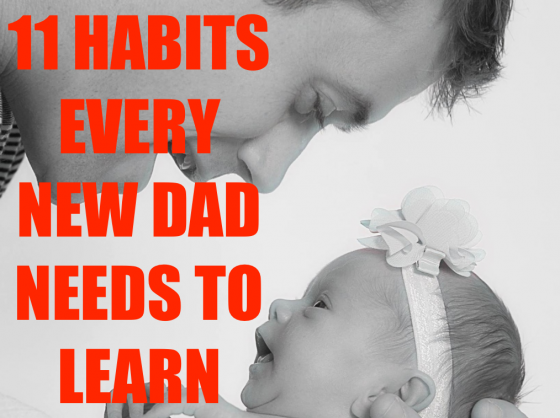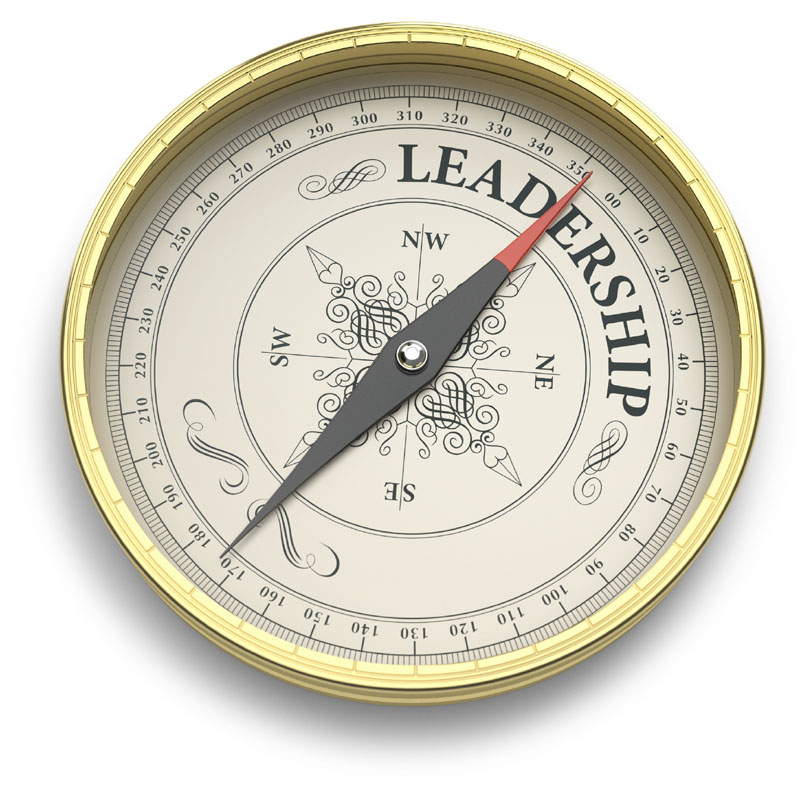I tell my kids things all of the time. Over and over. And over and over. If there’s one thing I can say is always true about parenting, it’s that I repeat myself constantly.
If there’s one thing I can say is always true about parenting, it’s that I repeat myself constantly.
It never, ever sticks the first time.
Being from the South, in our family we value manners. We teach our kids to say, “Yes, m’am” and “No, sir” as a way of respecting adults. I’m constantly reminding them to speak with respect. I say it so often that in a meeting just the other day, I instinctively began telling a coworker, “Did you mean to say, “Yes, sir” there?”
As I’ve said these words to my kids so many times, I’ve also found that they work for my own heart. In so many situations, I’ve seen that I need to follow the advice I give to my children. These are some of the principles that my wife and I work to drive home with our kids that translate incredibly well to adults, too.
You don’t have to like what I say, but you need to speak kindly.
Oh, how this would change the tone of a disagreement.
“Love is patient and kind…” – Paul, 1 Corinthians 13:4
You did the right thing, but you did it with the wrong attitude.
The Bible talks about this one.
“Each one must give as he has decided in his heart, not reluctantly or under compulsion, for God loves a cheerful giver.” – Paul, 2 Corinthians 9:6-7
Just because you can doesn’t mean you should.
All ideas are not good ideas. If anyone has told you that, they were lying. Adulthood gives us more freedom…which isn’t always a good thing. Tons of options are within your capability of going after…but don’t just chase something because you can. Maturity exercises restraint.
“All things are lawful, but not all things are profitable. All things are lawful, but not all things edify.” – Paul, 1 Corinthians 10:23
We all help out around here. Even when it’s not our mess.
Teamwork makes the dream work. And if you want to endear yourself to someone, help them out with a mess they created.
“Let each of you look not only to his own interests, but also to the interests of others.” – Paul, Philippians 2:4
Trust me because I love you. Not because you think what I’m saying is 100% true.
I know that some of the coaching I’ve given out to my peers isn’t believed because they think it’s true. But hopefully they trust what I’m saying because it’s coming from a heart of love.
I may be upset with you. But I haven’t and won’t stop loving you.
This needs to be verbalized more often. It creates safety and security. Unconditional love is love that doesn’t require the other person meet a certain condition to be “worthy” of love. In other words, I don’t stop loving you because you messed up…my love for you isn’t conditional.
“A new commandment I give to you, that you love one another: just as I have loved you, you also are to love one another.” – Jesus, John 13:34
Complaining won’t get you your way.
” Do everything without complaining and arguing…” – Paul, Philippians 2:14
Play nice. She’s your sister. She’s not going away.
If we’d learn how to work well with others, our organizations would be a lot better off.
If you want to have good friends, you’ve got to be a good friend.
Take that one to the bank.
“Two are better than one, because they have a good reward for their toil. For if they fall, one will lift up his fellow. But woe to him who is alone when he falls and has not another to lift him up!” – Solomon, Ecclesiastes 4:9-10
Anything you say to your kids that translates to adults, too?












